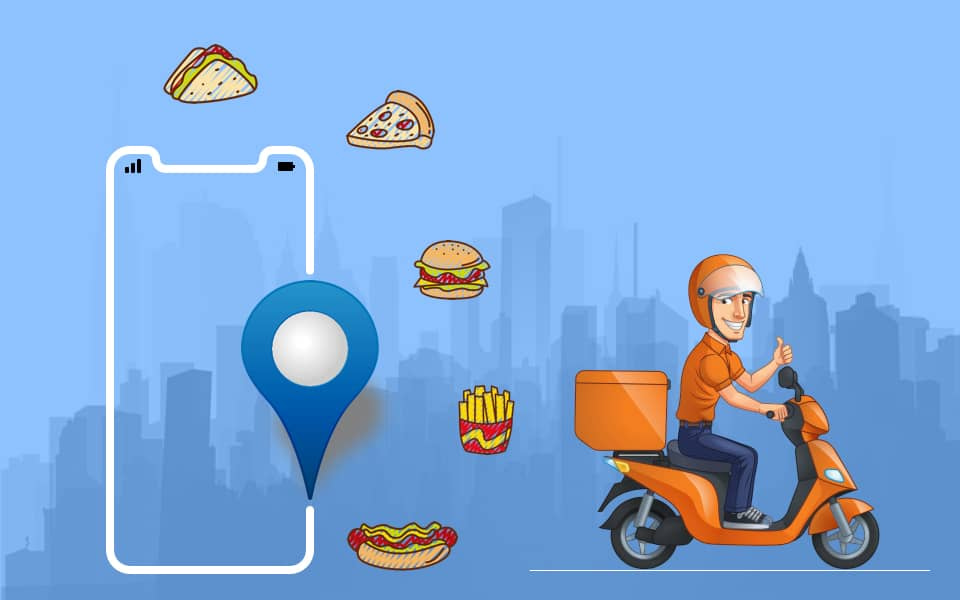
Dear Ms. Smartphone: A fake location led me to find real takeout! I just moved to a new neighborhood and decided to get takeout for dinner. A delivery app helped me pick a local barbecue and the food was delish. In fact, so good that I popped the name into my GPS. It turns out that the restaurant is not in my neighborhood at all. The barbecue is prepared offsite and delivered from a central kitchen. Are fake locations popping up everywhere or is this a one-off? Phillip, Brookline
Dear Phillip, The abbreviation for barbecue, BBQ, is sometimes used to spell out “Better Be Quick! ” This is the ultimate convergence of food and delivery!
Now, two possible reasons for the fake-take:
First, delivery services, like Grubhub , Postmates and DoorDash have been said to contrive this as a “growth hacking” strategy. (sorry, I can’t check the source to know the veracity). They create restaurant listings on their platforms- even though individual restaurants have not partnered with them. It helps the delivery services expand the number of restaurants customers see, and it helps businesses that are in cahoots with them. You mentioned you were in Brookline – they create a bogus listing for “Brookline Barbecues” and cook elsewhere.
That said, “Brookline Barbecues (BB1)” could be an offshoot of an established restaurant say “Boston Barbecues (BB2).” The tech savvy team at BB2 wants to expand their reach so they set up links on their website that lead you to the wrong location, literally! Google has rigid rules for linking business accounts with physical addresses, but there would be ways to mislead customers doing an online search, particularly if they were new in town like you.
Death of Distance
The “Death of Distance” is not a trivial problem. This past summer I answered a question from a reader who lamented that her vacation planning was limited by choices she got from the search-engine. It turned out there were other options but they had not been “up-listed” (i.e., paid) to show up. At the end of the day, we want to help and support local businesses but it’s the bigger companies, and the younger, more tech savvy owners that know how to optimize SEO to their advantage.
Identifying a local business is no longer as simple as thumbing through a print catalog called the yellow pages. Even back then, the business addresses were a combination of listings that were no-fee and paid-fee. Going forward, you might want to combat Internet with Internet. Consider using a platform, say Nextdoor, in your new community. First, they will verify your physical address. If you read posts carefully and slowly you can usually sort out real recommendations by real people.
Delivery by Foot
But back to the dodgy barbecue. We all want local businesses to succeed, and that’s the reason so many people have ordered online and used delivery services during the pandemic. The delivery practice you describe ends up hurting small businesses with minimal or no internet presence. Without constantly checking around for new sites or listings, it’s impossible to know whether someone’s created a duplicate site to mislead customers into thinking they are ordering directly from an on-site restaurant. The best advice is to get out your walking shoes, take a stroll, and check out the new neighborhood.

Leave a Reply
You must be logged in to post a comment.